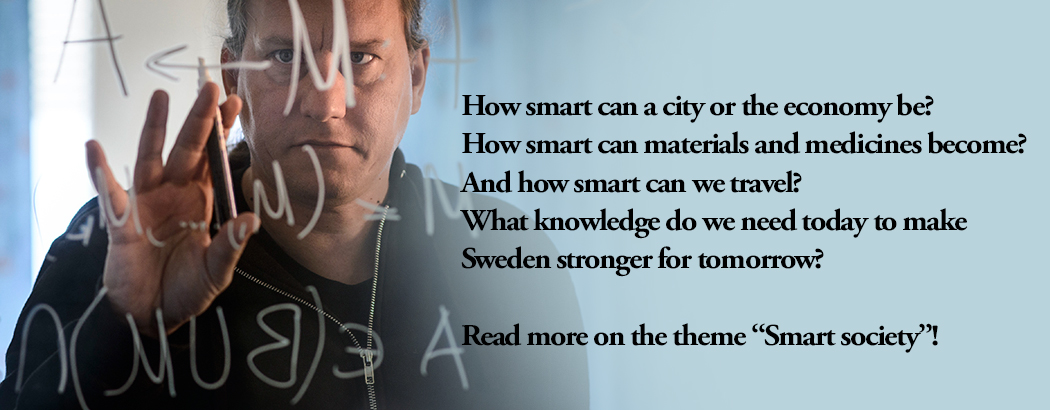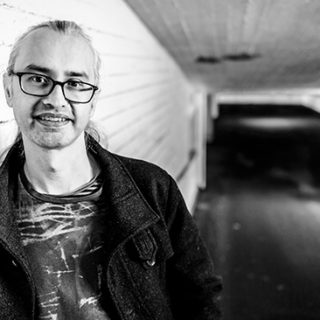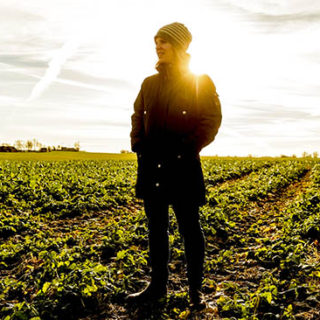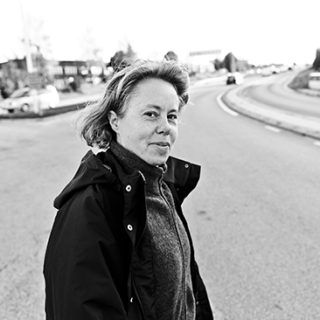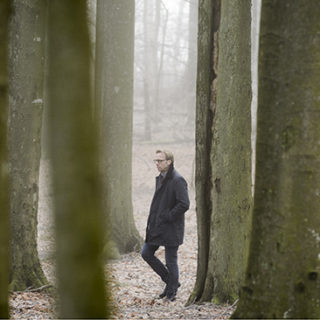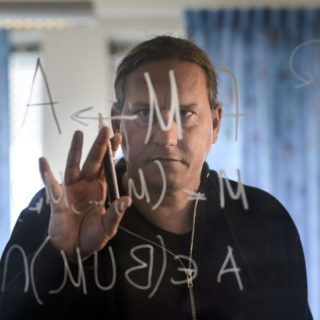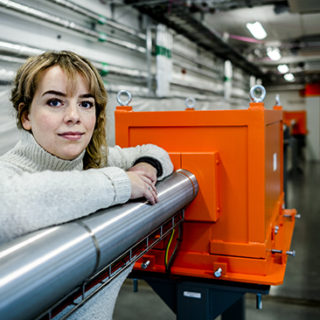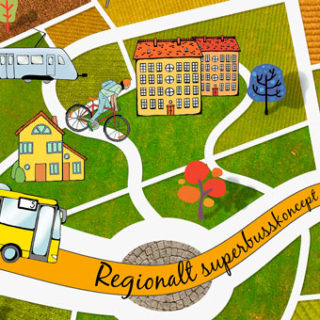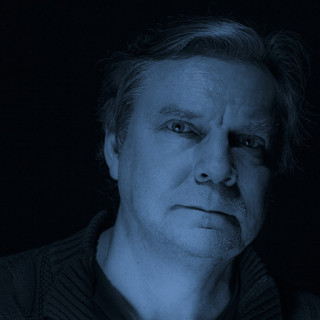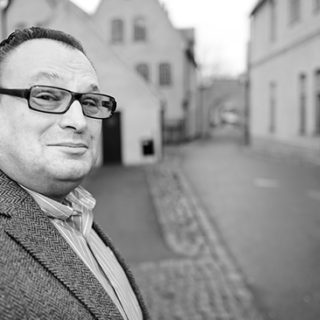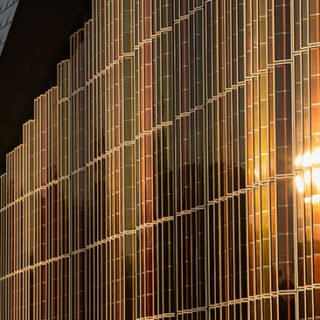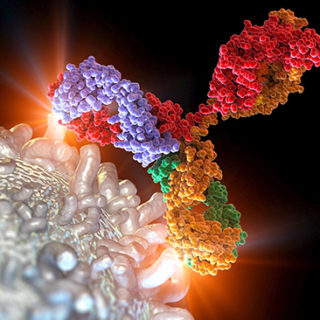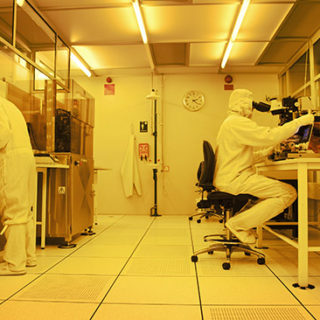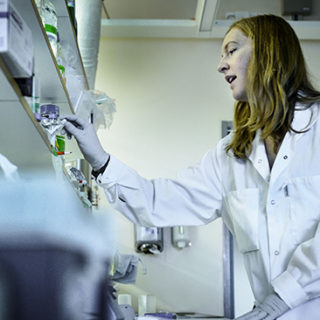- Start
- Themes
- The amazing brain
- Sustainable future
- The digital society
- Is the world becoming a better place?
- Smart society
- Plastic
- Migrations
- Bacteria – friend or foe
- Work for all?
- The inherent power of light
- Africa
- To the last drop
- Our three-dimensional world
- Close to death
- Inspired by nature
- Nano – small things matter
- Epigenetics
- To believe
- Buzzy bees at your service
- Micro-RNA from junk to hotspots
- Categories
- About the magazine
- Svenska
Theme: Smart society
Who wants to live in smart cities?
Chronicle by Jamil Khan Associate Professor of Environmental and Energy Systems, Lund University “A smart city is a city with open senses. With its sensors it can see, hear, feel, smell and taste digital information that contributes to a more considerate, efficient, safe and sustainable society.” This may sound as...
From animal feed to protein-rich breakfast food
The disposal or combustion of leftover crops or edible products that have not been sold is a waste of the Earth’s resources. It is also bad economics for farmers. A circular economy in agriculture means utilising the value of a product or raw material by, for example, turning it into...
Collaboration is key to the smart sustainable cities of the future
Climate change, a growing population and increased urbanisation place great demands on our cities. Meeting these challenges requires collaboration to develop smart cities. But what does a smart city really mean and how do we create one? A smart city is a sustainable city. A city in which people want...
Why have a circular bio-based economy?
Column by Pål Börjesson, Professor of Environmental and Energy Systems As we all know, throughout human history we have lived off renewable resources until little more than a century ago when we began using fossil fuels, such as coal and later oil, at an increasingly rapid speed. We are now...
Finding the right organ for the right recipient
The principle of setting a price based on supply and demand is not always desirable, for instance, when it comes to human organs. But how are we to allocate organs instead? At the Lund University School of Economics and Management, Tommy Andersson is researching an alternative way of solving the...
Driven by a machine
As a child, Sara Thorin dreamed of becoming a physicist. As a project leader for one of MAX IV Laboratory’s most central components – the linear accelerator – she has a great responsibility for ensuring the world’s best synchrotron radiation facility delivers light of exactly the right quality to reveal...
Researchers see a bright future for public transport in Skåne
Think of trains – take the bus. This is how the concept will be launched when Skåne switches to superbus routes on the stretches currently covered by the Skåne express. These superbus routes are to compensate for the lack of railways and will be quick and comfortable. “The goal for...
Smarter lighting improves life
Do we have enough light when we are working, and is it dark enough when we want to sleep? The light around us when we are indoors is important for our well-being. Researchers in Lund, together with American colleagues, want to put an app in your smartphone to regulate the...
ANDIS opens doors to more informed diabetes treatments
Diabetes is a complex disease. However, with the research project ANDIS (All New Diabetics in Skåne) the doors are now open to give more patients a correct diagnosis which in turn leads to more informed treatment. ANDIS registers all new cases of diabetes in Skåne and is a huge knowledge...


